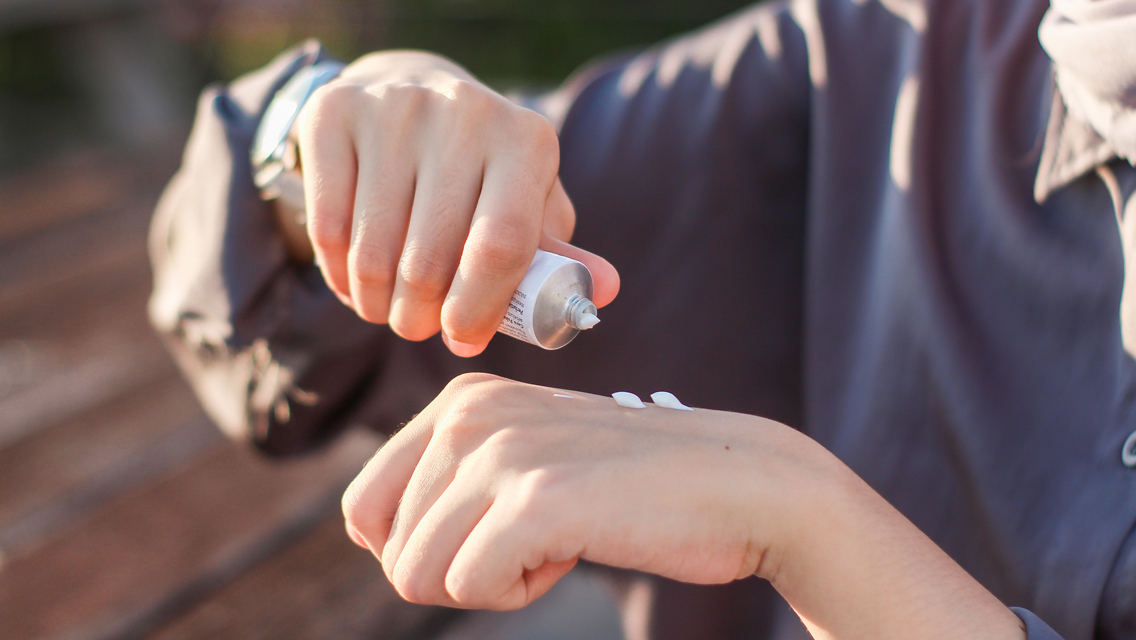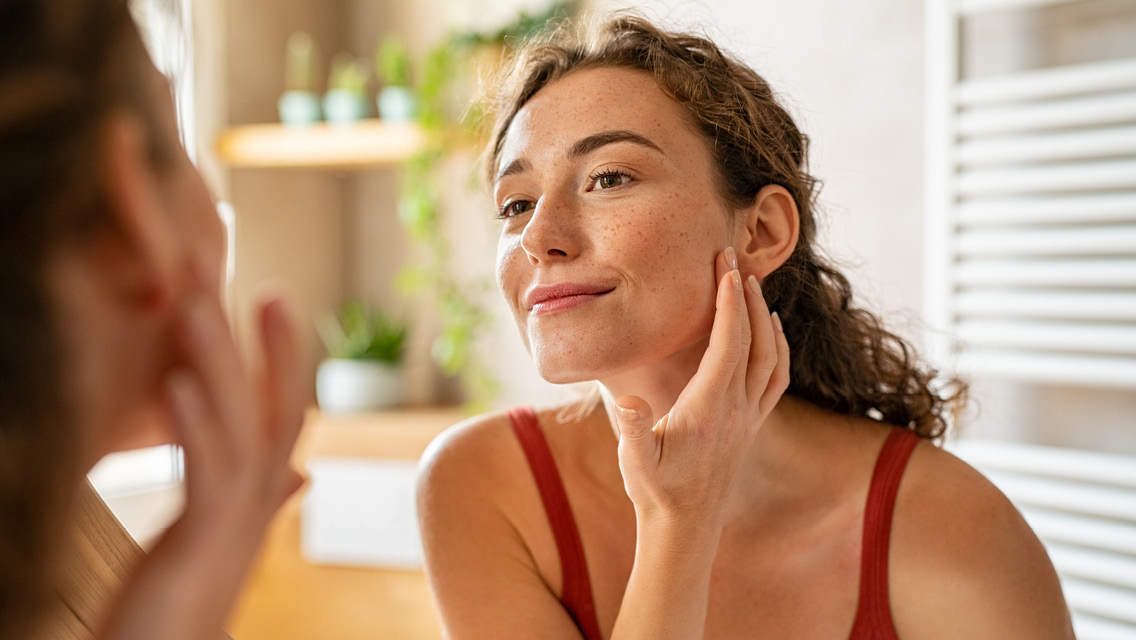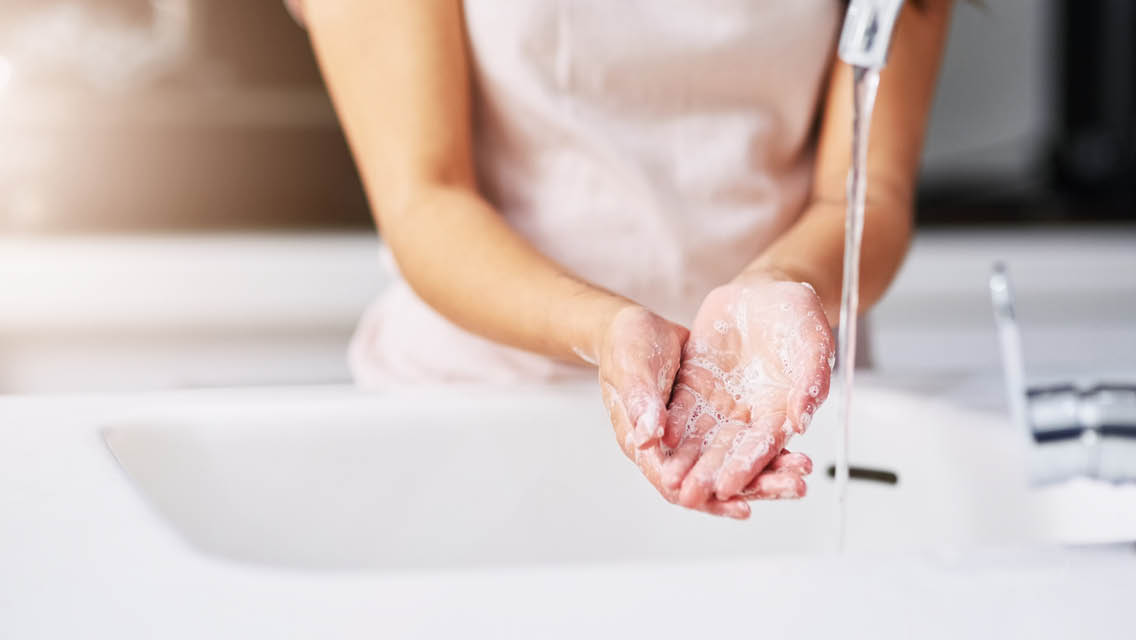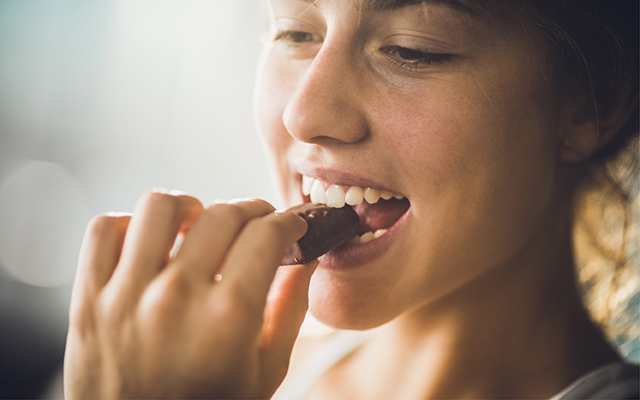What are the symptoms of eczema?:
Dry, red, itchy patches, which may bubble and ooze. In adults, they usually occur on the face, neck, and insides of the elbows, knees, and ankles.
Is eczema contagious?:
No.
Triggers:
Sweating can worsen eczema. Sports like hockey, lacrosse and soccer, where protective gear rubs against the skin, also can be irritating. So, too, can broken-down elastic from older workout apparel, chlorine in swimming pools, and rubber mats or flooring. If washed in conventional, fragranced laundry products, fitness apparel that sits directly on skin can also make eczema worse.
Treatment options:
Regular fragrance-free lotions and creams (e.g., Cetaphil, Aveeno and Lubriderm) help moisturize and heal the skin, while cold compresses and antihistamines can relieve itching. If the condition doesn’t improve, nonprescription corticosteroid creams and ointments are available. Prescription corticosteroid creams and ointments or oral corticosteroids may be necessary. Untreated eczema may lead to a staph superinfection, which may require topical or oral antibiotics.
Other ways to overcome:
Adjust your habits to avoid aggravating the skin, says Christina Steils, MD, a dermatologist in Hinsdale, Ill. For instance, use fragrance-free detergent when washing clothes; wear sweat-wicking clothing when exercising; avoid rubber mats or flooring in gyms (if you’re allergic to latex); shower after sweating; and slather your skin with a heavy moisturizer like Un-Petroleum Jelly before swimming to protect your skin from chlorine.|
This was excerpted from “8 Common Skin Problems and How to Treat Them — Naturally”.




This Post Has 0 Comments